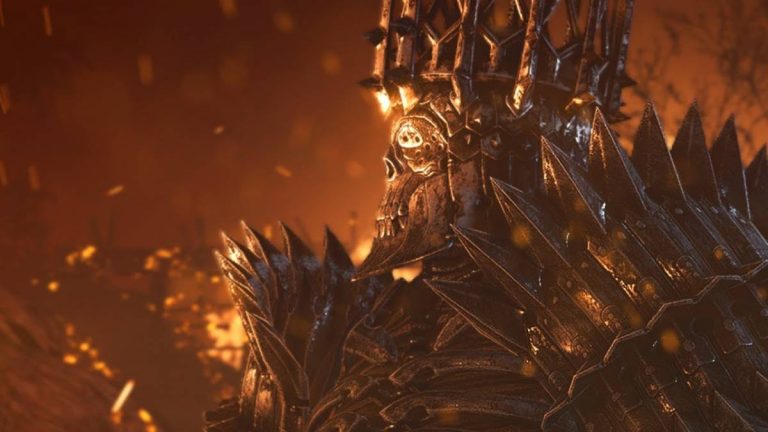Anyone (and everyone) who has played The Witcher 3: The Wild Hunt knows that the game is set against the backdrop of a deeply-turbulent political climate. After recently completing the game, I became almost as enthralled by the on-going ideological struggles within the world as I was by Geralt’s narrative. Despite the recent conclusion of the 2015 General Election, I couldn’t help but notice that the political conflicts within The Witcher 3 are eerily familiar…
Potential Spoilers Below
Unruly King In Power
The deeply disturbing, yet admittedly clever King Radovid boasts an inherent distain of those that are considered to be ‘different’, including elves, dwarves and other immigrants. This intolerance can be seen throughout Novigrad, with queues of so-called ‘nonhumans’ travelling from Bongobongoland outside of the gates of the city because levels of immigration are out of control. The persecution of these groups is also witnessed within the city walls, as groups of elves are ostracised and even attacked by Radovid’s unfriendly Witch Hunters. Despite these fairly disagreeable qualities, it is Radovid’s tenacity and tactical prowess that allows him to maintain support from a surprisingly large group of followers.
Fortunately in my playthrough, Radovid hands in a notice that will be extremely difficult to go back on.
Camhyron var Emreis
Already maintaining a great deal of control over the south, Emperor Emhyr’s Palace in Vizima is a place of pomp and circumstance. One would assume that Emhyr’s upbringing was one of privilege and wealth, as he demands total subservience. Emhyr’s subordinates are equally snobbish, and look down on those who are different and unruly. Emhyr does not share Radovid’s absolute disdain for nonhumans, however he makes certain to keep them on a short leash. The main narrative of the game is undoubtedly driven by Emhyr’s inability to keep track of his own offspring, although which tavern he left her in was never confirmed in game.
Temerian National Party
Exhausted by the looming threat of southern governance, Temerian supporters constantly seek to maintain the independence of their nation. The land of the free and the strong-willed, the relentlessness of Temeria’s representatives eventually forces Emhyr and the Nilfgaardian Empire to accept Temerian autonomy, thus allowing it to establish its own laws and maintain free university tuition. Temeria’s impassioned support is driven by the tenacious Vernon Roache, First Minister of Temeria, and directed by the calculating and slightly portly orchestrator Sigismund Dijkstra.
Mae Cyfrinfa Sorceresses
Sick and tired of the ongoing bickering between the warring nations, the Lodge of Sorceresses want to know what is going to be done for them. Facing persecution at the hands of Radovid has driven the Lodge to bring their needs to the table. A group often overlooked, the Lodge advocates an independent nation established by sorceresses, for sorceresses. Many do not trust the mystical group as they are often heard speaking in an alien tongue. Whilst the Lodge’s focus remains solely on independence, other nations suspect that there is an underlying desire to rise further, eventually toppling the Nilfgaardian establishment, bringing it to its knees.
Liberal Godlings
No-one cares about them any more.
Buy The Witcher 3 on Amazon for PC, PS4 and Xbox One
Some of the coverage you find on Cultured Vultures contains affiliate links, which provide us with small commissions based on purchases made from visiting our site.

